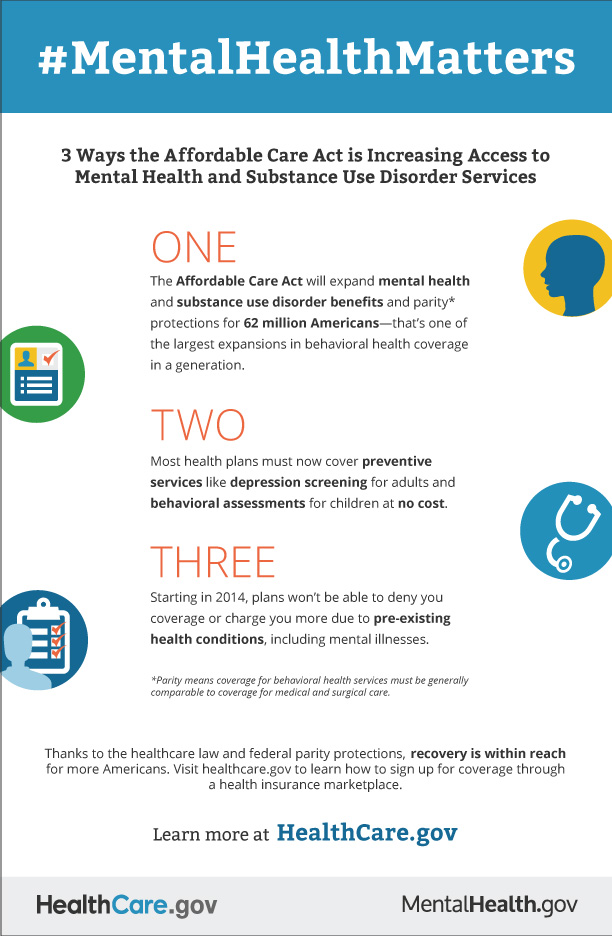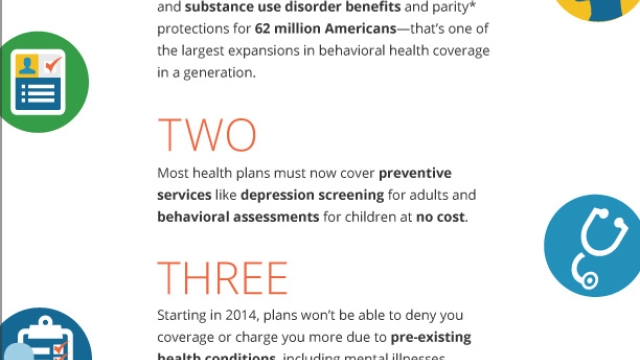
In today’s fast-paced and high-pressure world, mental health care has become an increasingly important topic of discussion. As societal awareness and understanding of mental health continue to grow, so does the urgent need to revolutionize the way we approach and prioritize the well-being of individuals struggling with mental health challenges.
Gone are the days when mental health concerns were brushed under the rug or stigmatized. We are now living in an era where breaking the silence surrounding mental health has become a critical mission. It is time to dismantle the barriers that prevent individuals from accessing the care and support they need, and to pave the way for a new era of comprehensive and compassionate mental health care.
This article aims to explore the various facets of mental health care and shed light on the innovative approaches that are emerging to revolutionize the field. From advancements in therapy and medication to the integration of technology and the power of community support, we will delve into the exciting possibilities that lie ahead for mental health care.
Join us as we embark on an enlightening journey towards understanding and transforming mental health care. Let us leave no stone unturned in our pursuit of breaking the silence and creating a world where mental health is prioritized, understood, and supported by all. Together, we can build a brighter, more inclusive future for individuals struggling with mental health challenges.
Challenges in Mental Health Care
Mental Health Care, just like any other area of healthcare, faces a myriad of challenges in its quest to provide effective support and treatment to individuals struggling with mental health issues. These challenges can hinder access to care, limit the availability of resources, and exacerbate the stigma surrounding mental health.
Limited Accessibility:
One of the primary challenges in mental health care is the limited accessibility to services. Many individuals who require mental health support often encounter barriers that prevent them from receiving the help they need. Factors such as financial constraints, lack of transportation, and geographical distance to mental health facilities contribute to this problem. As a result, marginalized communities and individuals living in rural areas often struggle to access mental health care, leading to disparities in service provision.Insufficient Resources:
Another significant challenge in mental health care is the insufficient availability of resources. Mental health services require dedicated funding, adequately trained professionals, and up-to-date facilities to ensure effective treatment. However, mental health care often receives less funding compared to other areas of healthcare, leading to a scarcity of resources. Insufficient resources can lead to long waiting times for treatment, limited access to specialized care, and a lack of comprehensive services.Stigma and Discrimination:
The persistent stigma surrounding mental health remains a significant obstacle in the field of mental health care. Despite increasing awareness, many individuals still face discrimination and prejudice due to their mental health conditions. This stigma can prevent individuals from seeking help, lead to feelings of shame and isolation, and discourage open discussions about mental health. Overcoming this challenge requires continued efforts to educate the public, promote acceptance, and improve societal attitudes towards mental health.
Thc Oil Vape Uk
In conclusion, mental health care faces several challenges that impede access, limit resources, and perpetuate stigma. By addressing these challenges and working towards greater accessibility, increased allocation of resources, and combating stigma, we can strive towards revolutionizing mental health care and providing better support for all individuals in need.
The Need for Innovation
Mental Health Care is an essential aspect of overall well-being, yet it is also an area that is in desperate need of innovation. Despite growing awareness and increased discussion surrounding mental health, there are still significant barriers that hinder access to effective care for many individuals. It is crucial to address these challenges and revolutionize the way we approach mental health care to ensure that no one is left behind.
One of the key reasons why innovation is urgently required in the field of mental health care is the prevalence of stigma. Society often attaches a deep sense of shame and embarrassment to mental health issues, leading individuals to suffer in silence rather than seeking help. This stigma not only prevents people from acknowledging their struggles but also blocks their path to receiving the support they need. By implementing innovative approaches, we can work towards breaking down these barriers and fostering a more accepting and understanding society.
In addition to the stigma, another significant challenge is the limited resources available for mental health care. Unfortunately, mental health services often face budget cuts and lack adequate funding and staffing. This scarcity of resources means that many individuals are unable to access timely and comprehensive care, leading to prolonged suffering and worsening conditions. By introducing innovative solutions, such as teletherapy or mobile mental health apps, we can extend the reach of mental health care and ensure that support is accessible to all, regardless of their location or financial situation.
Furthermore, the traditional models of mental health care often rely heavily on face-to-face therapy sessions, which may not be suitable or accessible for everyone. These models also tend to be heavily centered around the professional, leaving the individual feeling passive in their own care. By embracing technological advancements and incorporating a more patient-centered approach, we can develop innovative methods that empower individuals to actively participate in their treatment and make mental health care a collaborative journey between the individual and their healthcare providers.
In conclusion, the need for innovation in mental health care is undeniable. By challenging stigma, addressing resource limitations, and adopting innovative approaches, we can revolutionize the way mental health care is delivered. It is crucial that we prioritize the development of new solutions that ensure everyone has access to effective support and that no one continues to suffer in silence.
Revolutionizing Mental Health Care
In recent years, there has been a growing recognition of the importance of mental health care in society. The increased prevalence of mental health disorders and the impact they can have on individuals and communities have sparked a call for revolutionizing the way we approach mental health care.
One significant aspect of this revolution is the breaking down of stigmas surrounding mental health. For far too long, mental health has been shrouded in silence and shame, causing individuals to suffer in silence and preventing them from seeking the help they need. By normalizing conversations about mental health and raising awareness, we can create a more open and supportive environment for those in need.
Another crucial aspect of revolutionizing mental health care is the integration of technology. With the rapid advancement of digital platforms and online tools, there is a tremendous opportunity to enhance access to mental health services. Teletherapy, for example, allows individuals to receive therapy from the comfort of their own homes, removing geographical restrictions and ensuring that help is more accessible to all.
Moreover, the revolution of mental health care includes a focus on prevention and early intervention. Instead of waiting for individuals to reach a crisis point, there is a growing understanding of the importance of proactive mental health support. By providing resources, education, and screening programs, we can identify mental health issues early on and implement appropriate interventions.
In conclusion, the revolutionizing of mental health care is underway. By confronting stigmas, embracing technology, and emphasizing prevention, we can create a more inclusive, accessible, and effective mental health care system. It is through these collective efforts that we can break the silence and provide a brighter future for individuals struggling with mental health challenges.
